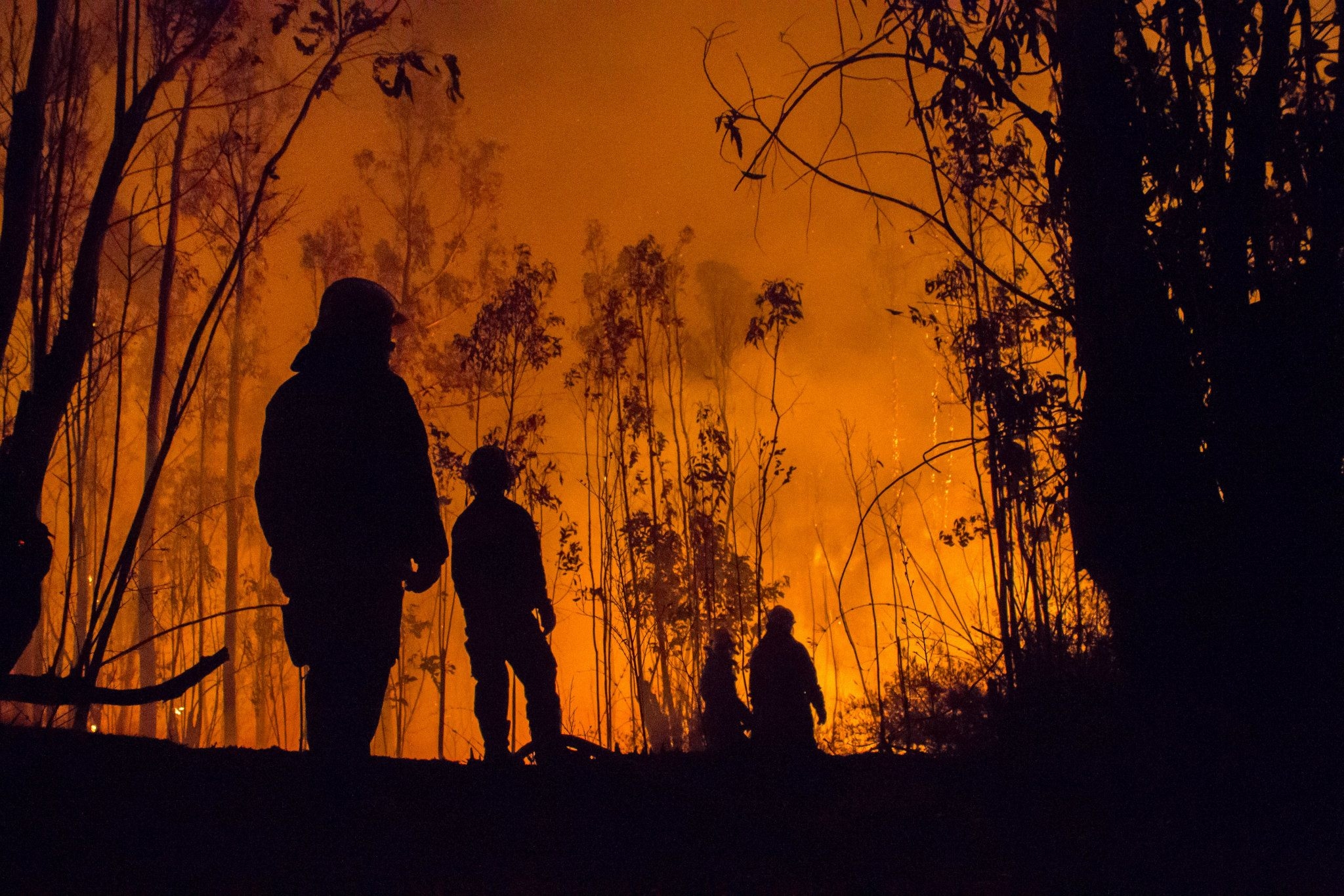
Predictions of a high-risk fire season for this summer have come from the Ministry of Emergency Preparedness.
Areas that continue to suffer from drought, such as northwestern Alberta, northeastern British Columbia and southern Northwest Territories, are considered especially at risk.
From this month until the end of summer, the Federal Government has warned of “a potential for above-average conditions.”
Canada experienced its most destructive forest fire season in history last year.
Recently, the Minister of Energy and Natural Resources, Jonathan Wilkinson, said that “while favourable weather conditions have helped control some of the larger wildfires in western Canada this May, coming warmer weather is expected to bring challenges”.
Incredibly, some 150 fires from last year are said to be still smouldering.
All this raises the question for many homeowners about whether their insurance sufficiently covers them for fire and smoke damage. Our six largest wildfires last year resulted in 17,000-plus claims totalling more than $1.1 billion in value. Total insured losses in Canada was $3.1 billion last year.
Below, we have offered some advice regarding possible insurance cover and claims. We hope you find it useful.
- Standard home insurance policies cover damage caused by wildfires and smoke. So long as you didn’t start the blaze, the cause of the fire is irrelevant. Tenant and condo insurance offer similar coverage.
- Check if your policy covers additional living expenses, such as relocation costs if your home is uninhabitable or the area is too dangerous for you to stay. Some policies will cover accommodation, food and fuel.
- If you lose power due to a fire, you may be able to claim losses, such as frozen food. Obviously, don’t claim if the total damage is not as high as the excess you pay to make a claim.
- Always consider the impact of your insurance premium before making a claim.
- Your car is probably not covered for a wildfire. Your home and contents insurance would not usually include a car. So, perhaps you might want to check this out if you’re in an area marked by the Government as high-risk.
- Forget changing your policy if a fire is bearing down on you. Insurers will not usually change their policy in such circumstances. It’s best to request and pay for your desired cover now.
- Check the expiry of your insurance. Some insurers will extend your policy by four months if a state of emergency is declared in your area. However, don’t rely on this generosity. Make sure you’re up to date with your policy.
- Gather your documentation and take it with you if you have to evacuate. When the time comes to make a claim, the more proof of ownership and value, the quicker you’ll likely receive funds from your insurer.
- Finally, try to make your claims as quickly as possible. Again, accessing the relevant documentation will make this much easier.
